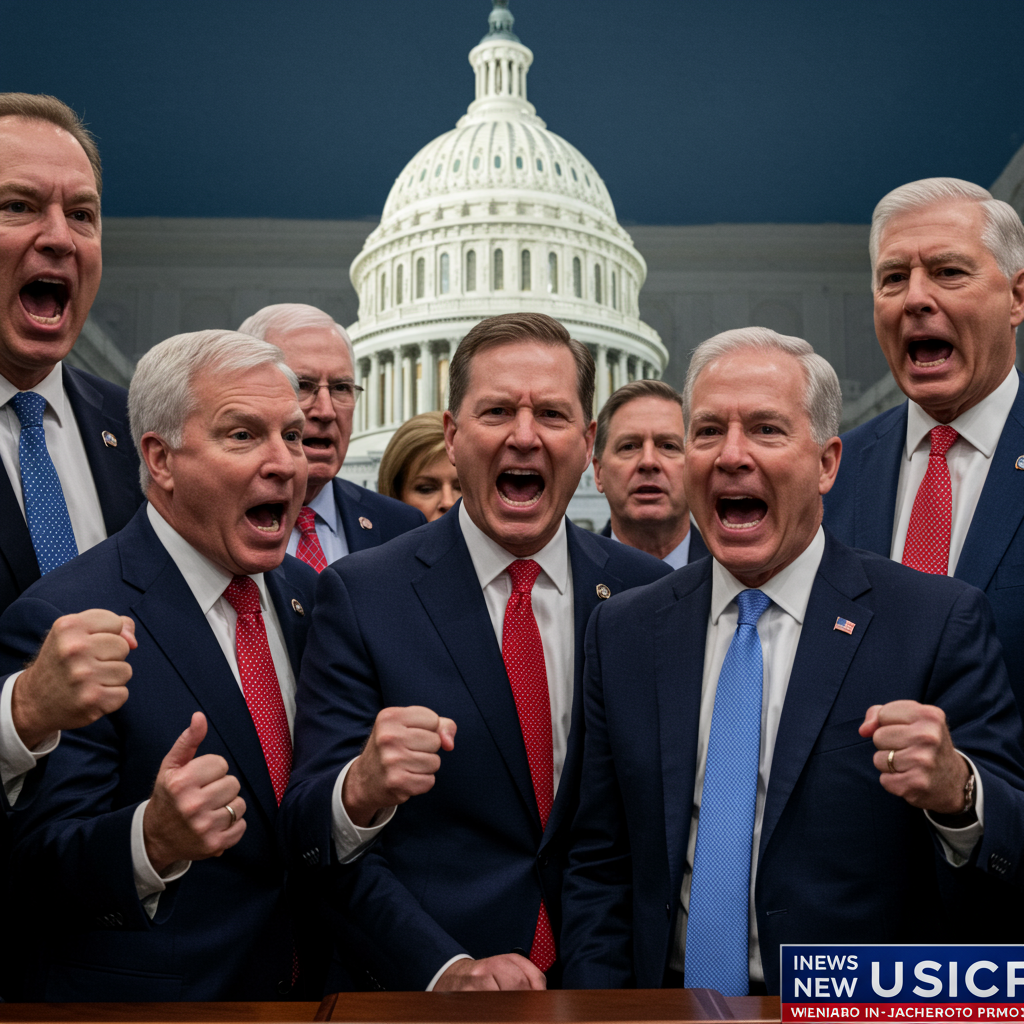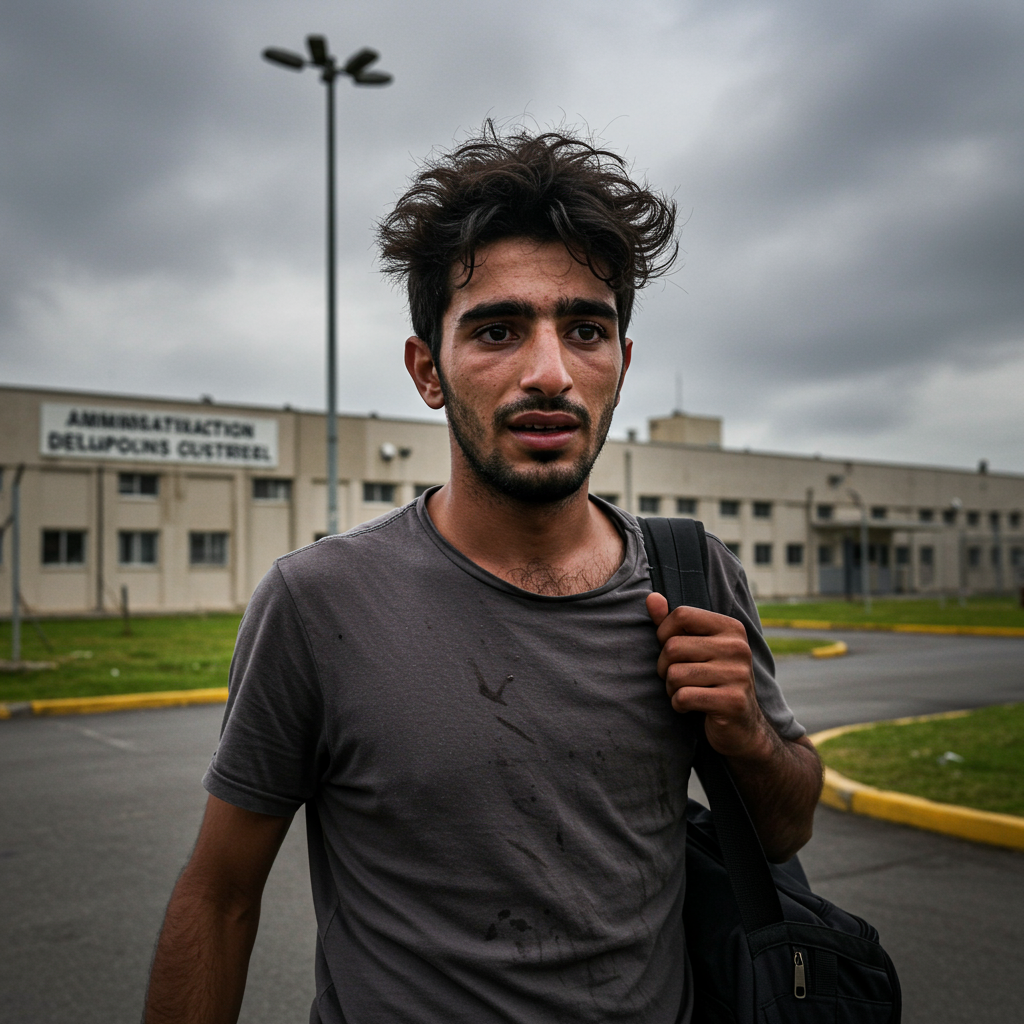Supreme Court Gives Green Light to Faster Migrant Removals
In a significant decision, the U.S. Supreme Court has allowed the Trump administration to restart swift deportations of migrants to countries other than their homelands. The divided court on Monday lifted a lower court order that had temporarily required migrants facing these “third-country” removals to be given an opportunity to challenge the deportations in court.
The Supreme Court majority issued a brief order with no detailed explanation for its reasoning. However, the decision drew sharp criticism from the court’s liberal justices. Justice Sonia Sotomayor, joined by Justices Elena Kagan and Ketanji Brown Jackson, penned a scathing 19-page dissent, warning the ruling exposes “thousands to the risk of torture or death.” Sotomayor accused the government of acting “unconstrained by law, free to deport anyone anywhere without notice or an opportunity to be heard.”
Administration officials quickly welcomed the ruling. Department of Homeland Security spokeswoman Tricia McLaughlin declared it a “MAJOR win for the safety and security of the American people” and suggested officials could “Fire up the deportation planes.” White House spokeswoman Abigail Jackson echoed the sentiment, stating the decision “reaffirms the President’s authority to remove criminal illegal aliens from our country and Make America Safe Again.” The administration has emphasized its focus on deporting those convicted of serious crimes.
Legal Battle Over Deportations to Third Countries
The high court’s action specifically targeted an April order from U.S. District Judge Brian E. Murphy in Boston. Judge Murphy’s ruling did not outright ban deportations to third countries but mandated that individuals facing such removal must have a meaningful chance to argue in court that they would face serious danger, such as torture or death, if sent there – even if they had exhausted other legal appeals.
The case before the Supreme Court stemmed from a specific incident in May involving a group of eight individuals from various countries, including Myanmar, Vietnam, and Cuba, who had been convicted of serious crimes in the U.S. Immigration officials sought to deport them quickly to South Sudan, stating they were unable to return them swiftly to their home countries. Attorneys for the migrants argued they faced extreme risks, including “imprisonment, torture and even death,” if sent to the African nation, which has endured significant violence and political instability since its independence in 2011.
Judge Murphy had found that the attempted May deportations to South Sudan violated his earlier order requiring a chance for legal challenge. He instructed immigration authorities to allow the individuals to raise their safety concerns through their lawyers. Although the Supreme Court’s broader injunction was lifted, Judge Murphy stated that his specific order regarding this particular group remains in force. The migrants and the officers guarding them were diverted to a U.S. naval base in Djibouti and housed in difficult conditions within a converted shipping container. Justice Sotomayor noted in her dissent that the migrants received less than 16 hours’ notice before the attempted deportation.
Context of Broader Immigration Enforcement
This legal battle unfolds within the Trump administration’s sweeping immigration crackdown, which includes pledges to deport millions living in the U.S. illegally. The administration has explored various strategies, including reaching agreements with countries like Panama and Costa Rica to house deported immigrants, particularly when their home countries are unwilling to accept them.
The Supreme Court’s conservative majority has frequently sided with the Trump administration in immigration cases and has granted several other administration requests via the emergency docket on various policy issues.
While the ruling allows the administration to pursue faster third-country deportations more broadly, the specific case involving the migrants sent towards South Sudan is expected to continue in lower courts as advocates press their challenges.



